Alberta's Independence Movement: Exploring Separatism and American Annexation
Alberta, Canada's fourth-most populous province and energy powerhouse, has seen growing discussions around two related but distinct political movements: independence from Canada (often called "Wexit" or "Albexit") and the more dramatic proposal of joining the United States as its 51st state. This article examines the current state of these movements, analyzing statements from key political figures, relevant polling data, and the potential benefits and drawbacks for both Alberta and the United States.
Historical Context and Recent Developments
Alberta's relationship with the Canadian federal government has long been characterized by periods of tension, particularly regarding resource development, environmental policies, and the distribution of federal tax revenues. The province's oil-rich economy has created both prosperity and frustration, as federal policies perceived as unfavorable to the energy sector have fueled separatist sentiment among some Albertans.
The modern Alberta independence movement gained significant momentum following the 2019 federal election, when Prime Minister Justin Trudeau's Liberal Party secured re-election despite winning minimal support in Alberta. This electoral outcome intensified feelings of political alienation among many Albertans, who felt their interests were not adequately represented in Ottawa.
Polling Data: How Popular Are These Ideas?
Recent polling provides insights into how Albertans view potential independence and U.S. annexation. According to a 2023 survey by the Angus Reid Institute, approximately 32% of Albertans expressed some support for the concept of Alberta separating from Canada, though only 8% indicated "strong support." This represents a slight increase from similar polls conducted in 2019-2020, when support ranged from 25-30%.
The Research Co. poll from February 2023 found that younger Albertans (aged 18-34) were more likely to entertain separatist ideas (37%) compared to those 55 and older (24%). The same poll revealed that 19% of Albertans would consider joining the United States, though only 5% strongly supported this option.
A 2022 Leger poll commissioned by Postmedia showed that while 59% of Albertans felt the province wasn't getting its fair share in confederation, just 14% believed independence was the solution. This suggests that while discontent exists, full separation remains a minority position.
Political Voices: Separatist Advocates
Several political figures have emerged as prominent voices in the Alberta independence movement:
Former Wildrose Party leader Danielle Smith, who later became Alberta's Premier in 2022, has previously voiced sympathies with separatist concerns. In 2019, she wrote: "Let me be clear: I don't want to leave Canada. I don't think most Albertans do. But I have had some of my fellow Albertans tell me that if the federal government continues to make it impossible for Alberta to develop its resources and economy, we should look at options." While serving as Premier, Smith has walked back some of her more dramatic statements, focusing instead on pursuing more autonomy within confederation.
Peter Downing, founder of Wexit Alberta, has been more direct, stating in a 2019 CBC interview: "We're talking about western independence. This is not a protest movement. This is a building of a nation." Downing has consistently maintained that Alberta would be better off economically and politically as an independent nation.
Jay Hill, former Conservative MP and leader of the Maverick Party (formerly Wexit Canada), has advocated for western independence, saying in 2020: "The West wants out because the East takes us for granted. The federation is broken, and I don't see a political will in Ottawa to fix it."
Political Voices: Those Opposed to Separation
Many prominent Alberta politicians have spoken against separation:
Rachel Notley, former NDP Premier of Alberta, has consistently opposed separatist movements, stating in 2019: "Jason Kenney [then Premier] is leading Albertans down a dangerous road by stoking the fires of separatism in order to distract from his own failures." She has emphasized that Alberta's economic future is stronger within Canada.
Conservative MP Michelle Rempel Garner has rejected separatism while acknowledging Albertans' frustrations: "I don't support separation. I do support addressing legitimate grievances and building a stronger federation where Albertans have equal opportunity."
Former Prime Minister Justin Trudeau has addressed Alberta's concerns, stating in a 2019 speech in Calgary: "I understand the frustration and the anger. I understand that people feel like Ottawa doesn't hear them... but the answer is not to weaken our bonds. It's to strengthen them and move forward together."
U.S. Political Perspectives on Alberta Annexation
The idea of Alberta joining the United States has received limited serious attention from American politicians, though some have made noteworthy comments:
Montana State Senator Ken Bogner introduced a resolution in 2021 inviting Alberta to join the United States, though it was largely symbolic and did not advance. Bogner stated: "Alberta has historically had strong ties to Montana, and we'd like to strengthen those."
Former U.S. Senator Mike Lee (R-Utah) tweeted in 2021: "Alberta would be a great addition to the United States," though this appeared to be more of a casual observation than a policy position.
Current President Donald Trump never directly addressed Alberta annexation but frequently praised Canadian energy resources during his administration, once stating: "We have tremendous potential in our country. We are the energy capital of the world."
Former President Joe Biden has not made direct statements regarding Alberta separatism or annexation. His administration's policies regarding the Keystone XL pipeline, which Biden canceled by executive order in 2021, have been cited by some Alberta separatists as evidence that even joining the U.S. might not fully protect Alberta's energy interests.
Potential Benefits for Alberta
Proponents of Alberta independence or U.S. annexation cite several potential benefits for the province:
Economic Advantages: Alberta contributes significantly to Canadian federal revenues while receiving less in return. According to a 2019 study by the Fraser Institute, Alberta contributed a net $240 billion to the federal government between 2007 and 2018. Independence advocates argue these funds could remain in Alberta, potentially lowering taxes while maintaining services.
Regulatory Autonomy: The Fraser Institute's 2022 report on economic freedom ranked the United States higher than Canada, suggesting Alberta might face fewer regulatory hurdles as a U.S. state or independent nation. Specifically, advocates point to federal environmental assessments that have delayed or canceled energy projects, including the Northern Gateway pipeline.
Political Representation: As part of Canada, Alberta holds 34 of 338 seats (10%) in the House of Commons. As a U.S. state, it would likely receive 2 senators and 4-5 representatives, potentially giving it more direct influence over policies affecting its interests.
Cultural Alignment: Some advocates argue that Alberta's political culture aligns more closely with conservative-leaning U.S. states. A 2022 Environics Institute survey found that 44% of Albertans felt they had more in common with Americans than with other Canadians, the highest percentage among all provinces.
Potential Benefits for the United States
If Alberta were to join the United States, proponents suggest several potential advantages:
Energy Security: Alberta holds the third-largest proven oil reserves globally at approximately 168 billion barrels, according to the U.S. Energy Information Administration. Annexation would bring these resources under U.S. control, potentially increasing energy security and reducing dependence on overseas suppliers.
Economic Growth: Alberta's GDP was approximately $344 billion CAD in 2022, comparable to states like Colorado or Maryland. Its addition would represent a meaningful economic expansion, with the Conference Board of Canada noting that Alberta consistently leads Canadian provinces in economic growth, averaging 3.1% annually from 2010-2020.
Strategic Position: Alberta's geographic location would strengthen the U.S. presence in the northern region of North America, potentially offering strategic advantages in terms of military positioning and Arctic access. The province borders 1 U.S. state(Montana), potentially creating new economic corridors.
Demographic Advantages: Alberta has Canada's youngest population with a median age of 37.1 years (compared to the national 41.0 years). This relatively young, well-educated workforce could help offset demographic challenges in an aging United States.
Challenges and Obstacles
Despite these potential benefits, significant challenges exist for both independence and annexation scenarios:
Constitutional Hurdles: Canada's Supreme Court ruled in the 1998 Quebec Secession Reference that a province cannot unilaterally secede. A clear majority vote on a clear question would only obligate negotiations, not guarantee independence. For U.S. annexation, both Canadian and American constitutional processes would require complex approvals.
Economic Transition Costs: The Parliamentary Budget Officer estimated in a 2021 report that a hypothetical Alberta separation would face transition costs of approximately $20-30 billion, including establishing new institutions, currency considerations, and trade relationship restructuring.
Geographic Realities: Alberta is landlocked, which would present challenges for an independent nation. Access to international markets would require agreements with neighboring jurisdictions for pipeline, rail, and port access.
International Treaties: Both scenarios would require renegotiation of numerous international agreements, from trade pacts to defense arrangements. The Council on Foreign Relations noted in a 2020 paper that such transitions typically require 5-10 years of complex negotiations.
Conclusion
While Alberta's independence movement and the prospect of U.S. annexation continue to generate discussion, polling data suggests both remain minority positions within the province. The debate reflects genuine concerns about Alberta's place within Canadian confederation and its economic future.
Political figures on both sides have articulated valid points about the province's challenges and opportunities, though most mainstream politicians in both Canada and the U.S. continue to view these proposals with skepticism. The conversation nonetheless highlights important questions about federalism, resource development, and regional identity that will likely continue to shape Alberta's political landscape in the years ahead.
As with many complex political questions, the discussion around Alberta's future ultimately reflects deeper considerations about identity, economic security, and political representation that extend beyond simplistic notions of separation or annexation. Whatever path Alberta ultimately takes, the province's unique position and valuable resources ensure it will remain an important player in North American political and economic affairs.
Author: Mark Bajanen with the assistance of Type.AI for statistical detail.

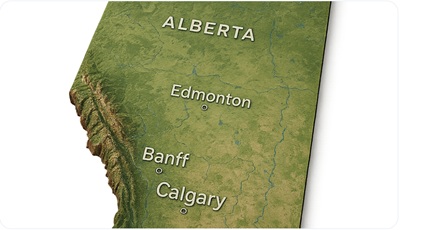
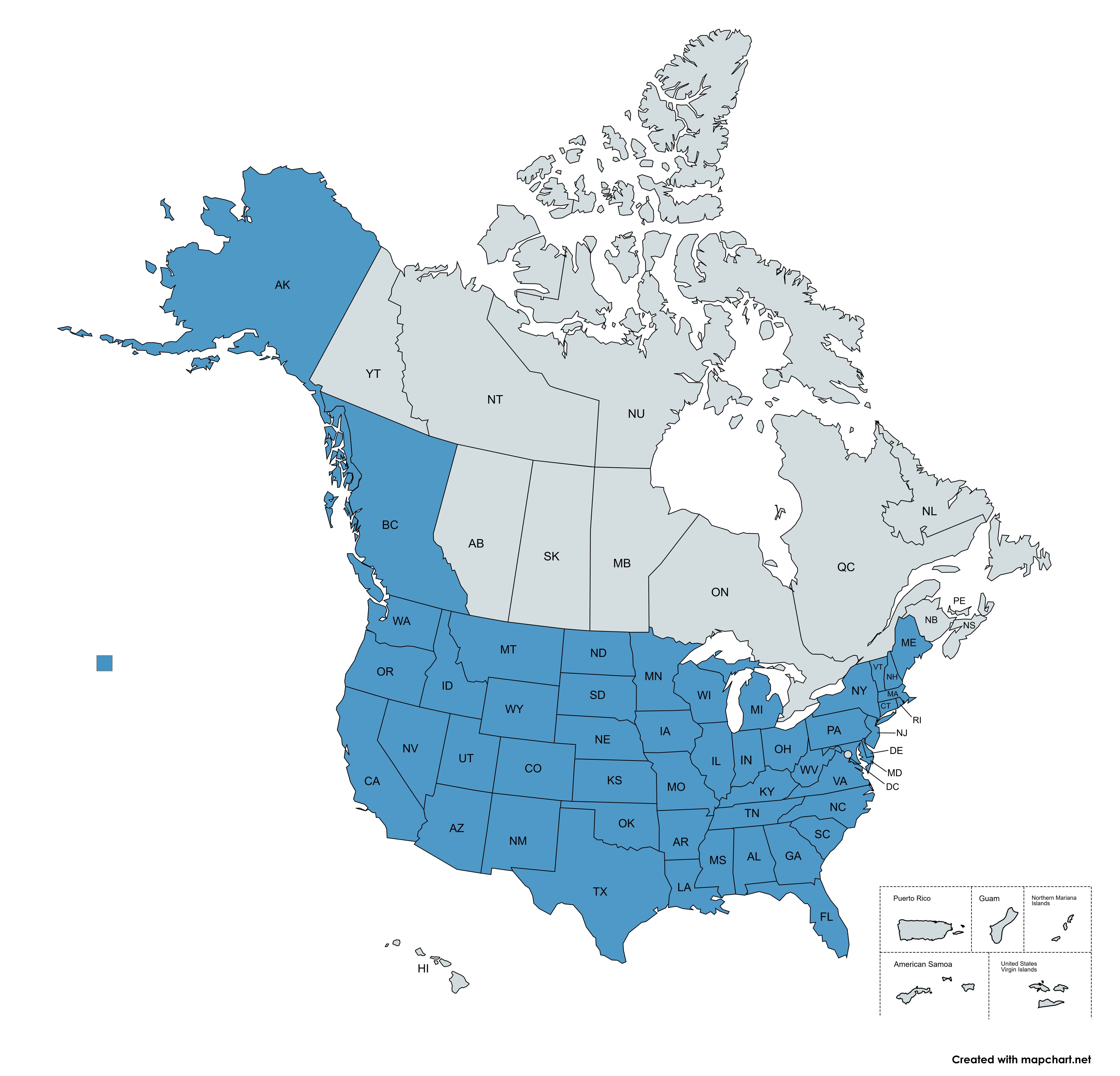
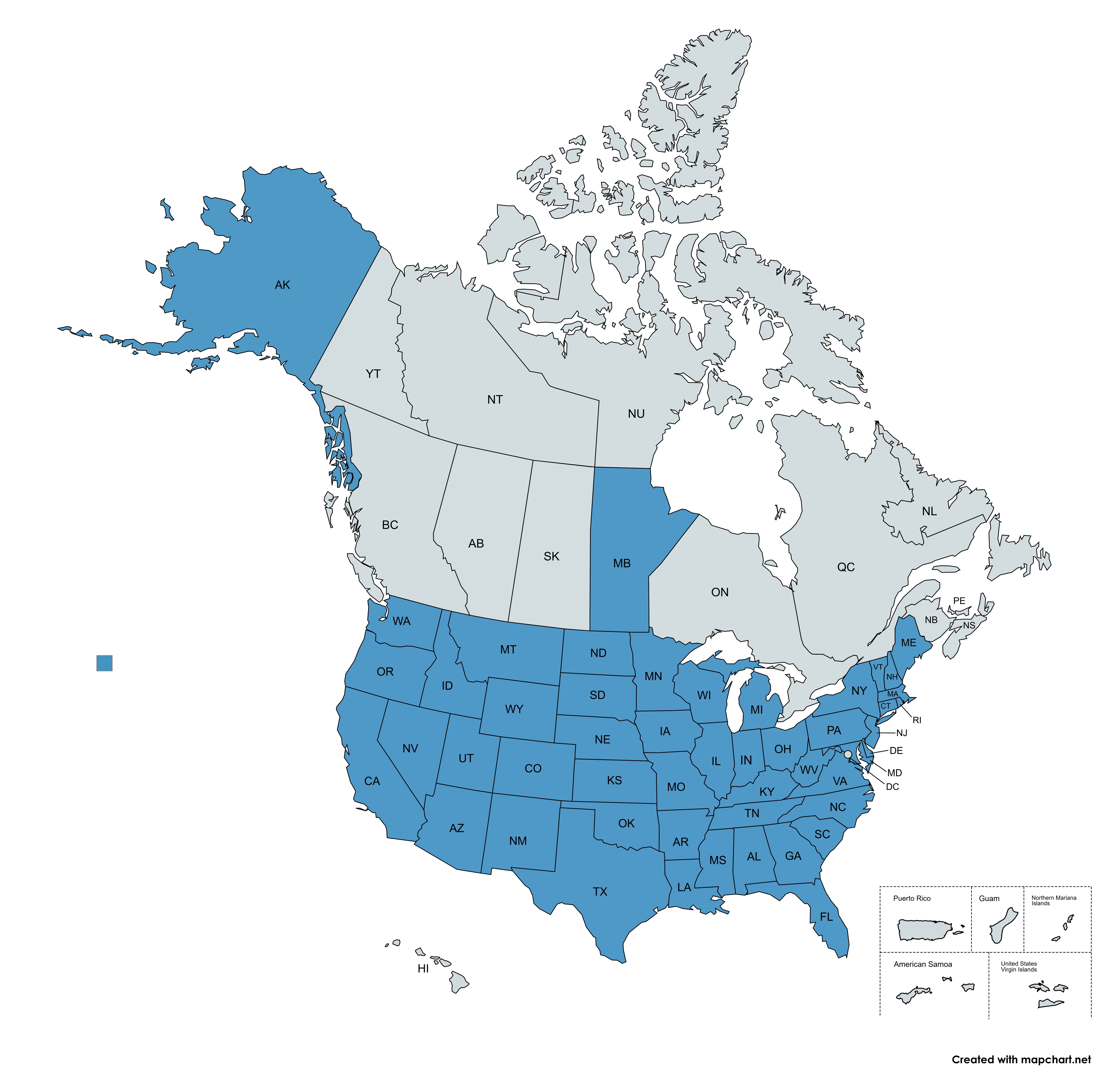
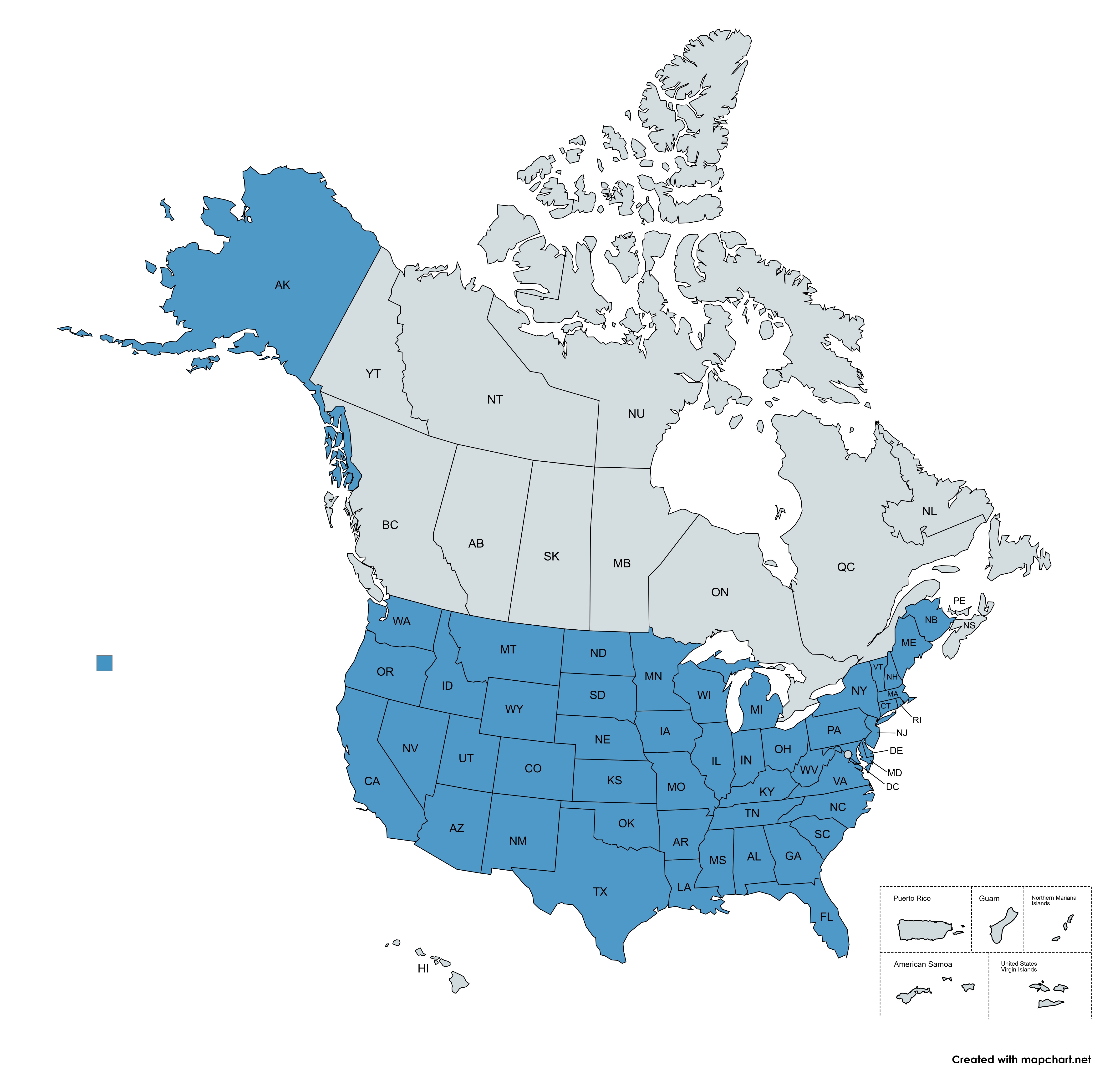
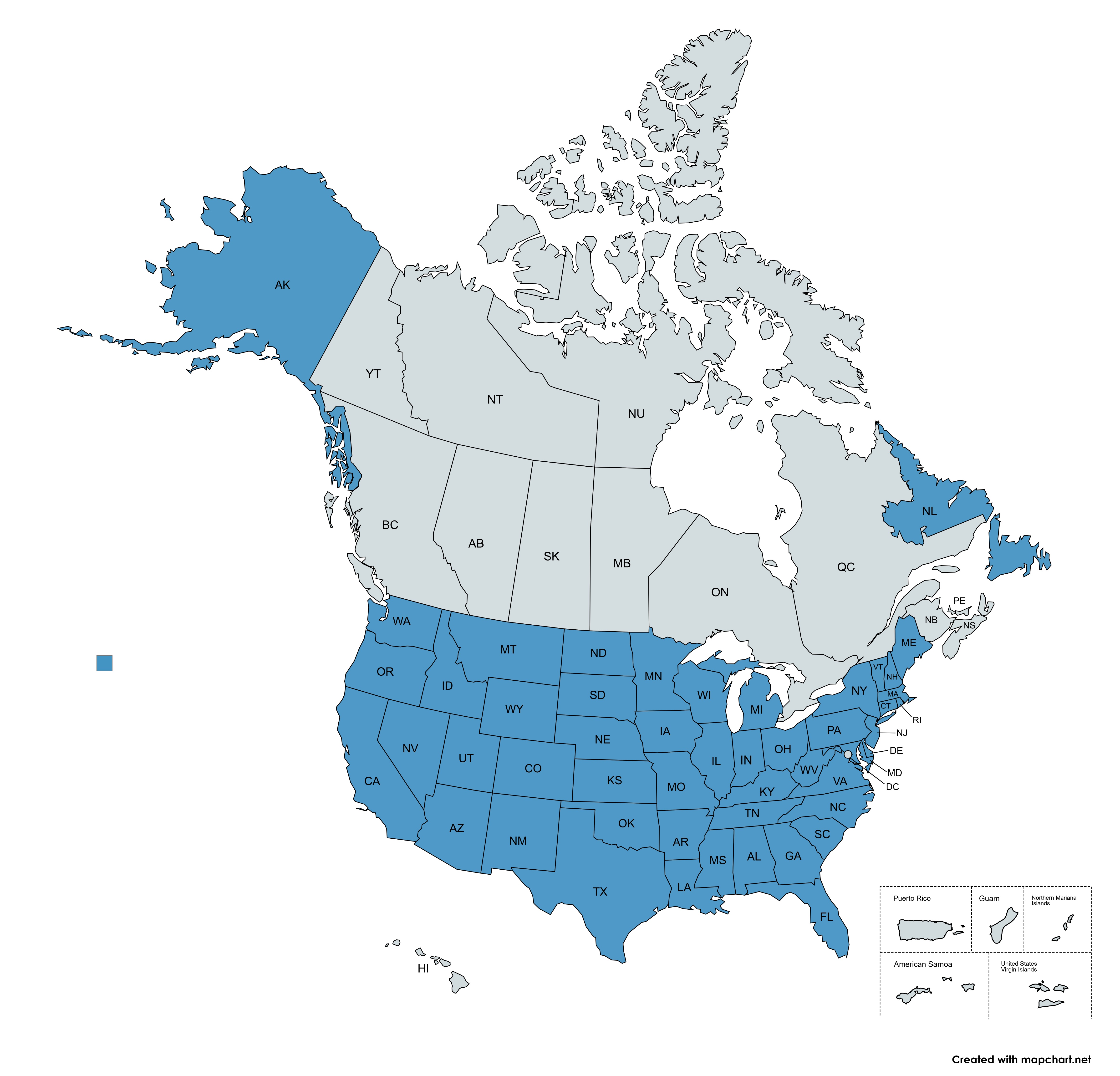
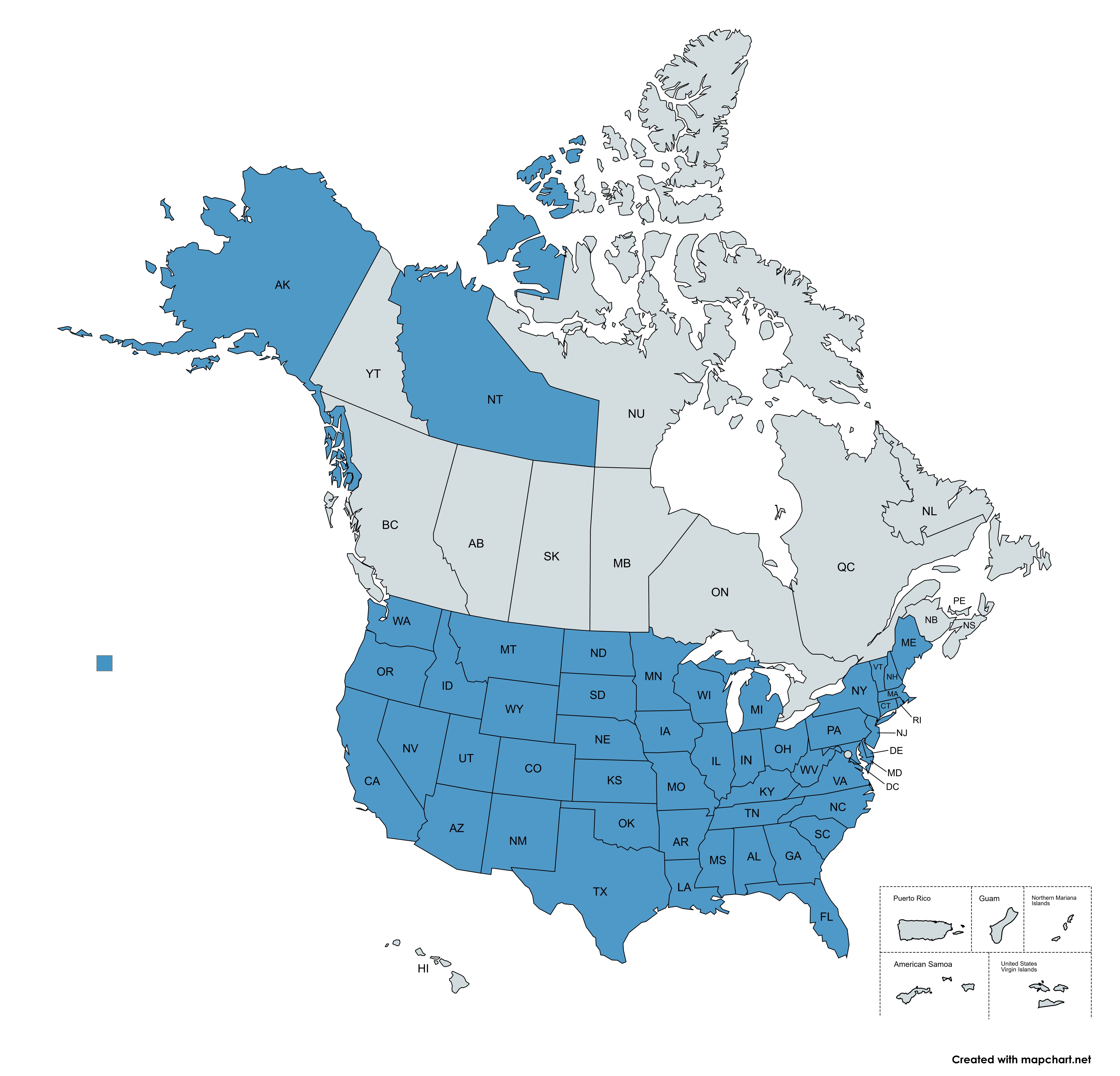
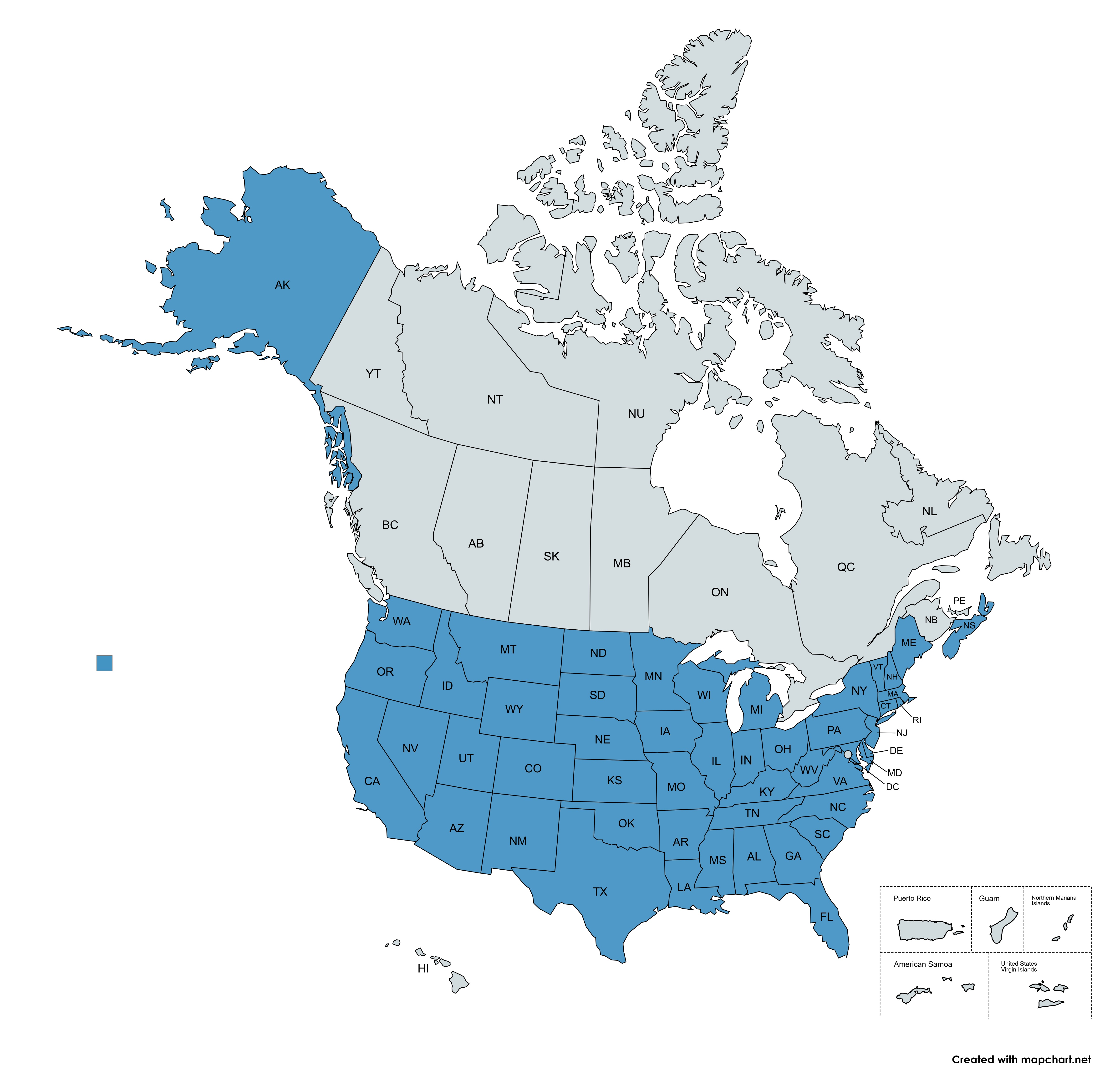
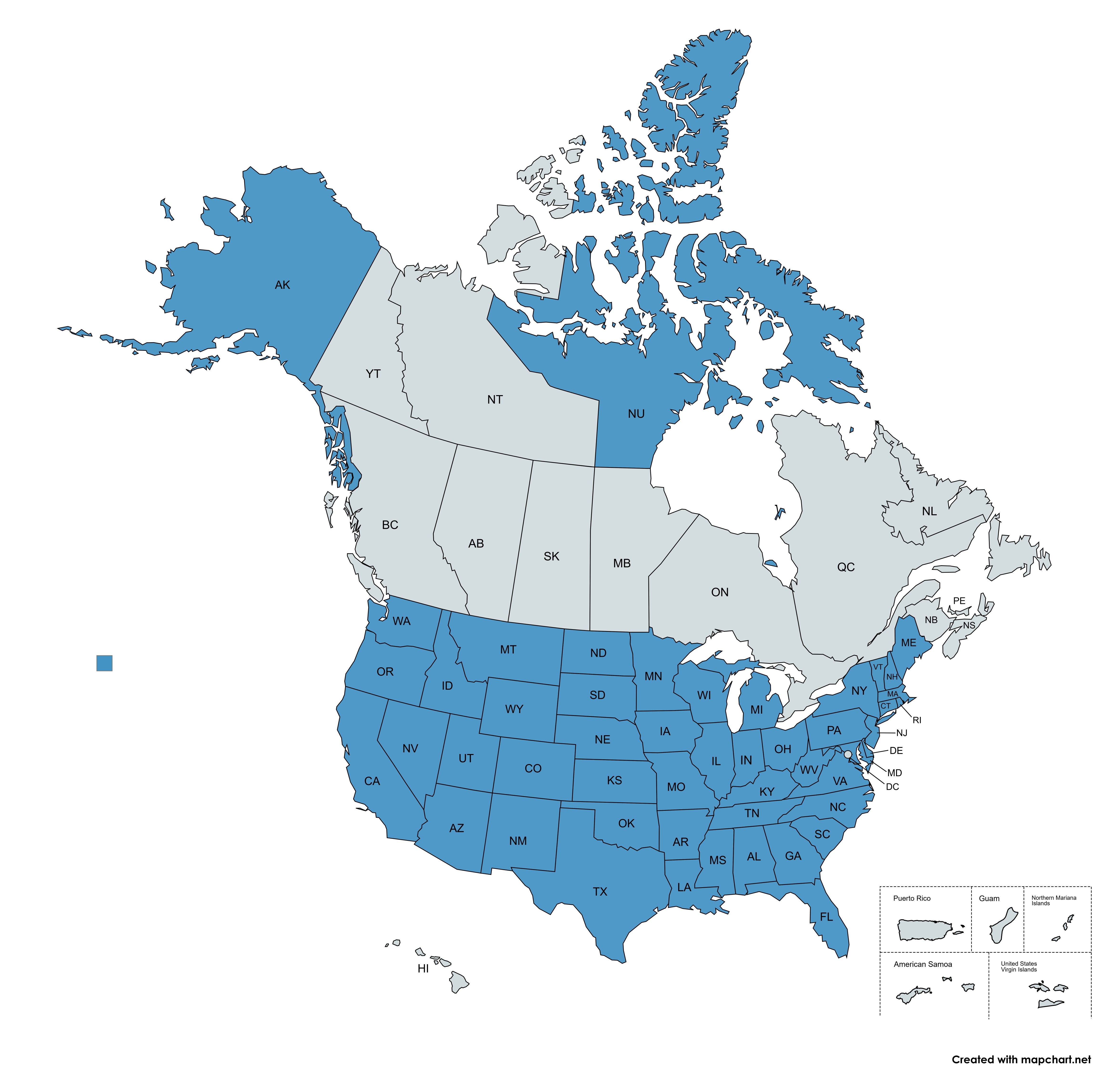

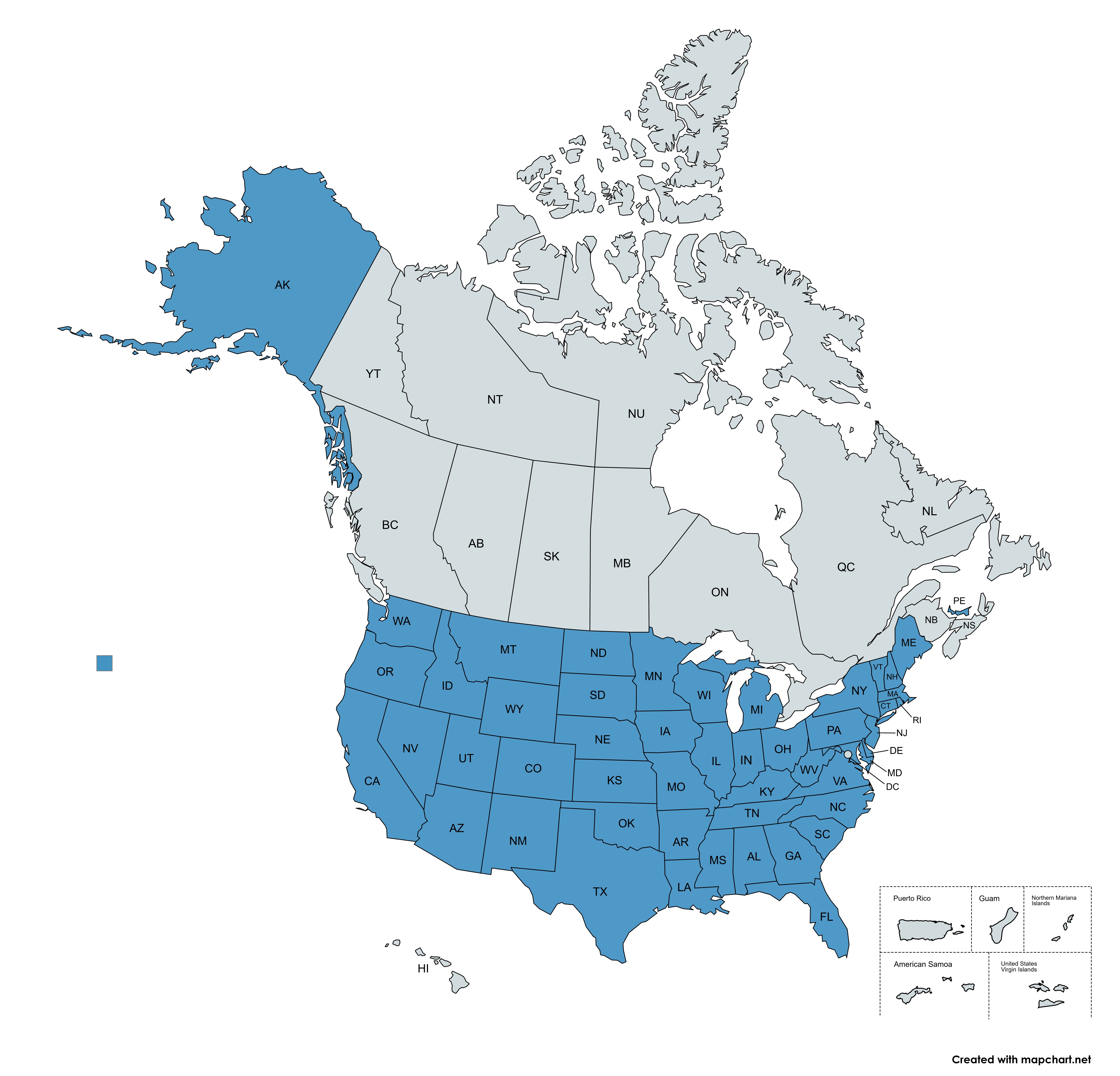

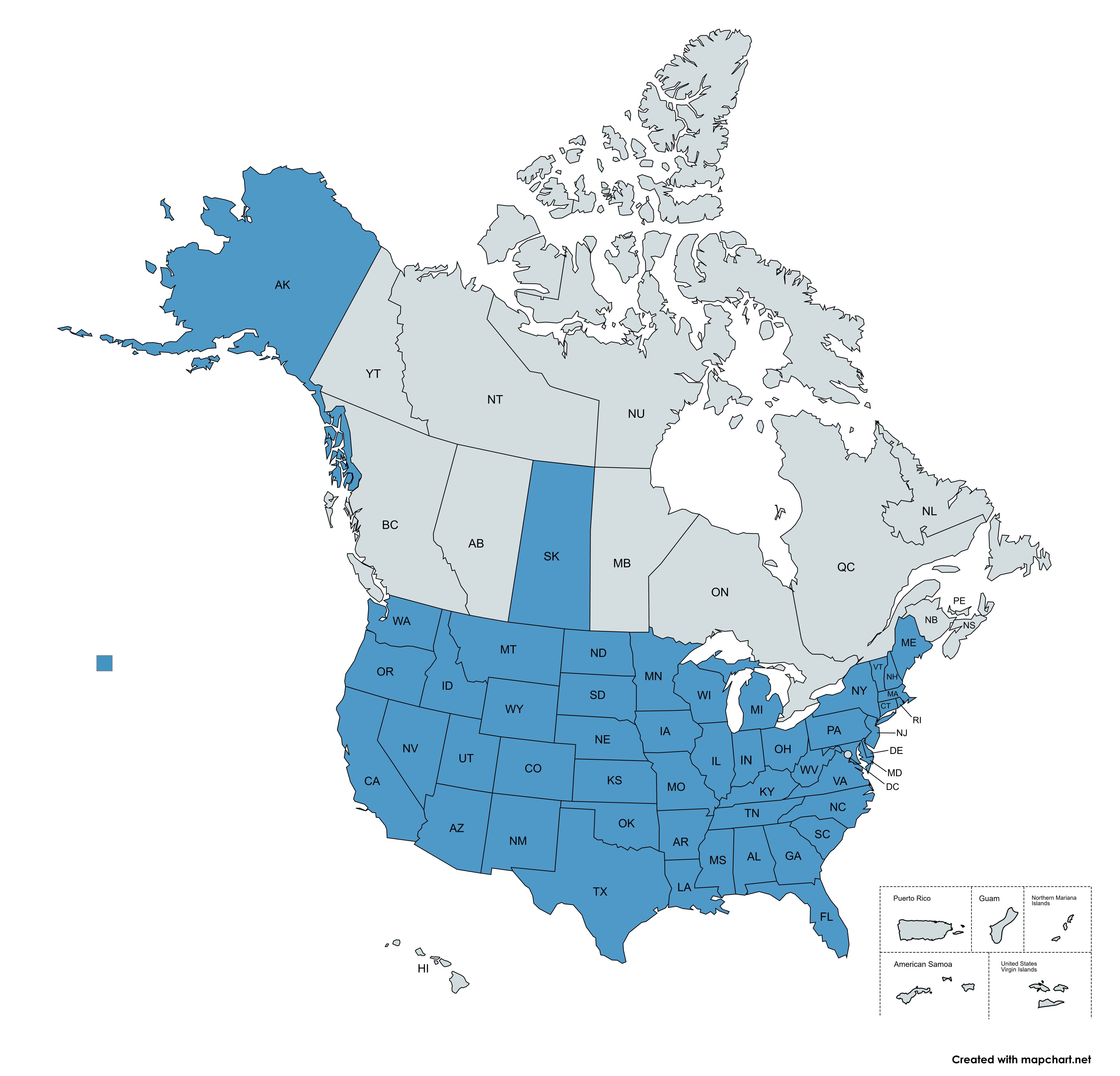
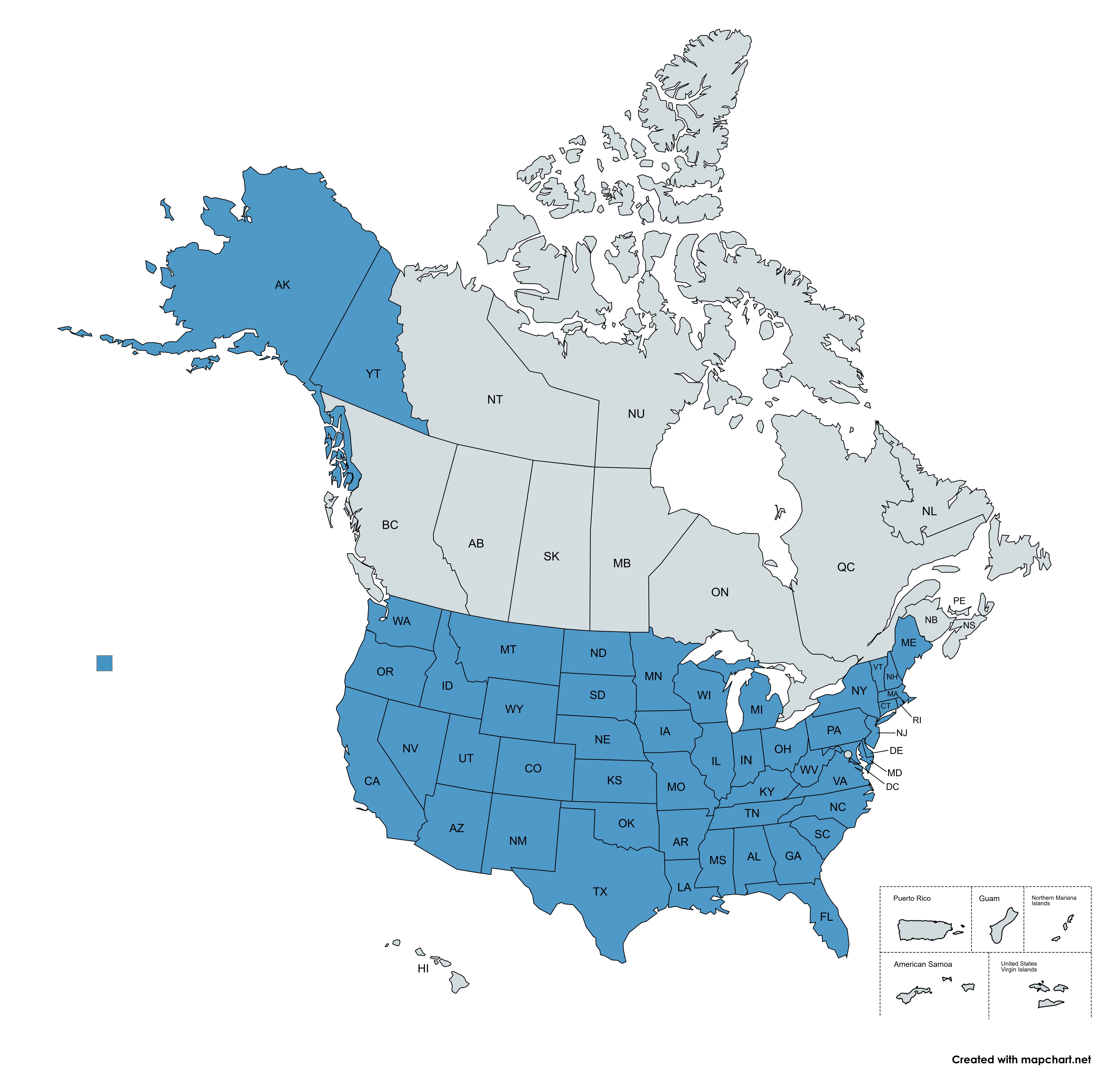
Comments
No comments yet. Be the first to comment!